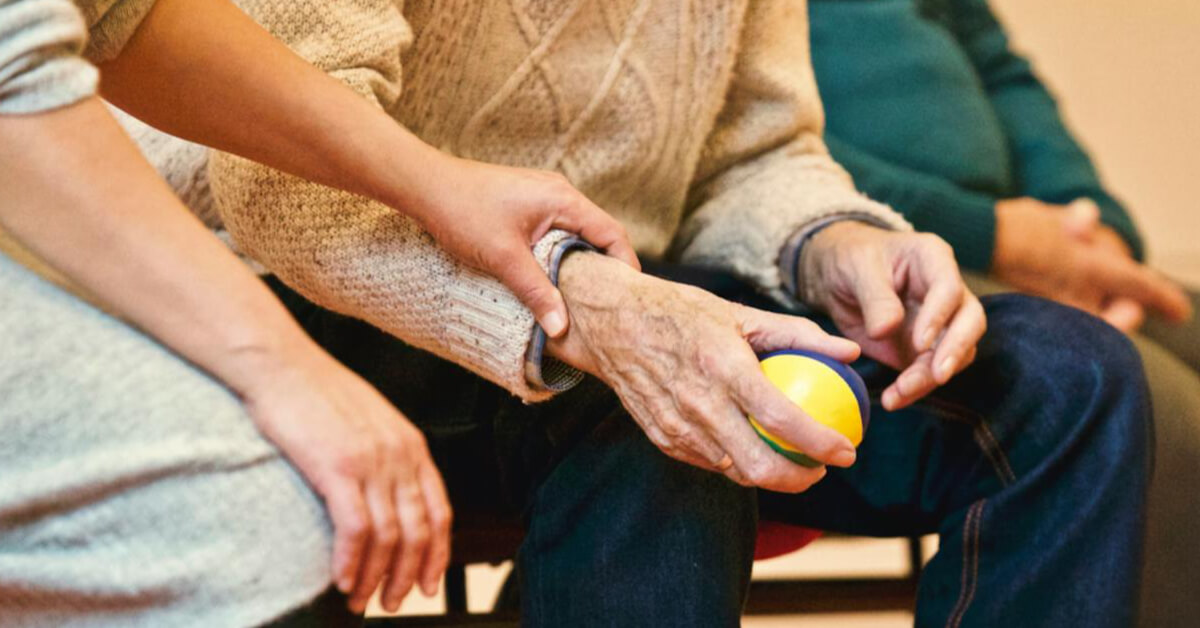An Advance Health Directive (AHD), sometimes known as a living will, is a legal document that outlines your wishes about future healthcare treatment if you cannot make or communicate these decisions yourself.
This document is used in many jurisdictions worldwide, including Queensland, Australia.
Who Can Make an Advance Health Directive?
In Queensland, Australia, you can make an Advance Health Directive (AHD) if:
- You’re an Adult: You must be 18 or older.
- Capacity: You must have the ability to understand the nature and effect of the directive. This means that you should understand the information relevant to the decision, retain that information to the extent necessary to make the decision, use or weigh that information as part of the decision-making process, and communicate your decisions in some way.
- Voluntary: The decision to create an AHD should be made voluntarily and not under pressure from anyone else.
When making an Advance Health Directive in Queensland, you must discuss your current health, the benefits and risks of treatment, and the potential outcomes with your doctor.
The doctor must also sign the AHD to confirm that these discussions have taken place and that you understand the nature and effect of your decisions.
The AHD must also be witnessed by a qualified witness (a justice of the peace, a commissioner for declarations, a lawyer or a notary public) who confirms your capacity to understand the effect of the AHD and that you made it voluntarily.
Learn more: Binding Death Benefit Nomination Advantages and Disadvantages
When to Make an Advance Health Directive?
Creating an Advance Health Directive (AHD) is a good idea for adults who want to ensure that their healthcare wishes are followed if they cannot express them themselves.
However, there are specific situations where making an AHD can be significant:
- Diagnosis of Serious Illness: If you’ve been diagnosed with a serious illness, especially if there is a chance it may affect your ability to make decisions in the future (e.g., Alzheimer’s disease or other forms of dementia), creating an AHD can ensure your wishes are known and respected.
- Before Major Surgery or Hospitalisation: Before undergoing major surgery or a significant medical procedure, it can be beneficial to have an AHD in place in case complications leave you unable to make decisions about your healthcare.
- Advanced Age or Frail Health: As part of planning for older age, or if you’re in generally poor health, having an AHD can assure that your healthcare choices will be respected.
- Risk-Taking Activities: If you frequently engage in activities with a high risk of serious injury (e.g., extreme sports), having an AHD might be a reasonable precaution.
Even if none of these situations apply, having an AHD can still be a good idea. Life is unpredictable, and anyone can find themselves unexpectedly in a position where they cannot make healthcare decisions for themselves. Having an AHD can provide peace of mind that your wishes will be followed.
Learn more: A Simple Guide to Binding Death Benefit Nomination for Your Super
How to Make an Advance Health Directive?
The process of making an Advance Health Directive (AHD) generally involves the following steps:
- Understand What an AHD Is: Before you start, make sure you understand what an AHD is, when it comes into effect, and how it can be used. This includes understanding your rights to refuse medical treatment and the consequences of your decisions.
- Discuss with Your Doctor: An AHD requires you to make specific decisions about potential future medical treatments. Your doctor can provide information about your current health, possible future health scenarios, and the benefits and risks of various medical treatments. This information will help you make informed decisions about your future health care.
- Complete the AHD Form: Queensland Health provides a standard AHD form that you can use. This form allows you to give specific instructions about your health care if you are ever too sick to make decisions for yourself. You can also nominate an attorney to make decisions for you. You and a witness must fill out the form correctly and sign it.
- Witnessing: Your AHD must be signed in the presence of two witnesses, one of whom must be a justice of the peace, a commissioner for declarations, a will and estate lawyer, or a notary public. They will confirm that you appeared to understand the AHD’s effect and took it voluntarily.
- Doctor’s Declaration: A doctor must sign a declaration on the AHD that they have explained to you the nature and likely effects of the directions given in the AHD and that you appear to understand this.
- Distribution: After completing the AHD, give copies to your doctor, lawyer (if you have appointed one), and any close friends or relatives who should know it. You can also carry a card in your wallet that states that you have an AHD and where it is located.
Can a Health Directive Be Cancelled?
Yes, an Advance Health Directive (AHD) can be cancelled, revoked, or modified at any time as long as you have the mental capacity to do so.
Here are a few ways an AHD can be cancelled or changed:
- Writing a New AHD: In many jurisdictions, including Queensland, writing a new AHD will automatically cancel the old one.
- Explicit Revocation: You can explicitly revoke your AHD by writing a statement that you wish to do so. This statement should be signed and dated.
- Destroying the Document: In some places, physically destroying the document (for example, by tearing or burning it) to revoke it can also cancel an AHD.
- Verbal Revocation: In some cases, verbally expressing the wish to revoke your AHD can be enough to cancel it. However, it is always better to revoke it in writing to avoid any confusion or disputes.
After cancelling or making changes to your AHD, you must inform your doctor, healthcare provider, and any family members or others who had a copy of the old directive. You should also destroy copies of the old AHD to ensure clarity and understanding in the future.
Read more: The Fate of Your Superannuation Upon Death
Can Advance Health Directives Be Contested?
Yes, Advance Health Directives (AHD) can be contested, although the specific circumstances and grounds for contesting can vary depending on the jurisdiction.
Generally, there are several common reasons why an AHD might be contested:
- Lack of Capacity: It could be contested if there are questions about whether the person was mentally capable of making informed decisions when they created the AHD.
- This might be the case if the person had a condition that affected their ability to think clearly, such as dementia or severe mental illness.
- Undue Influence or Coercion: If there is reason to believe that the person was pressured, coerced, or influenced in some inappropriate way when creating the AHD, it could be contested. This might apply to circumstances where the person was under much stress or was the target of manipulation.
- Misunderstanding or Lack of Information: It could be contested if the person needed to understand the implications of their decisions or lacked the information to make informed decisions when they made the AHD.
- Invalid Document: It might be contested if the AHD was not properly executed according to the jurisdiction’s legal requirements, such as having the proper witnesses.
Do You Need Help with an Advance Health Directive in Qld?
An advance health directive is a legal document that allows you to express your wishes about your future health care. It can give you peace of mind and ensure your preferences are respected if you lose the capacity to decide for yourself.
At Walker Pender Group, we have the expertise and experience to help you prepare an advance health directive that suits your needs and circumstances. We can guide you through drafting, signing, and registering your document and advise you on legal issues.
Contact us today for a free consultation and learn how we can help you with an advance health directive in Qld.



